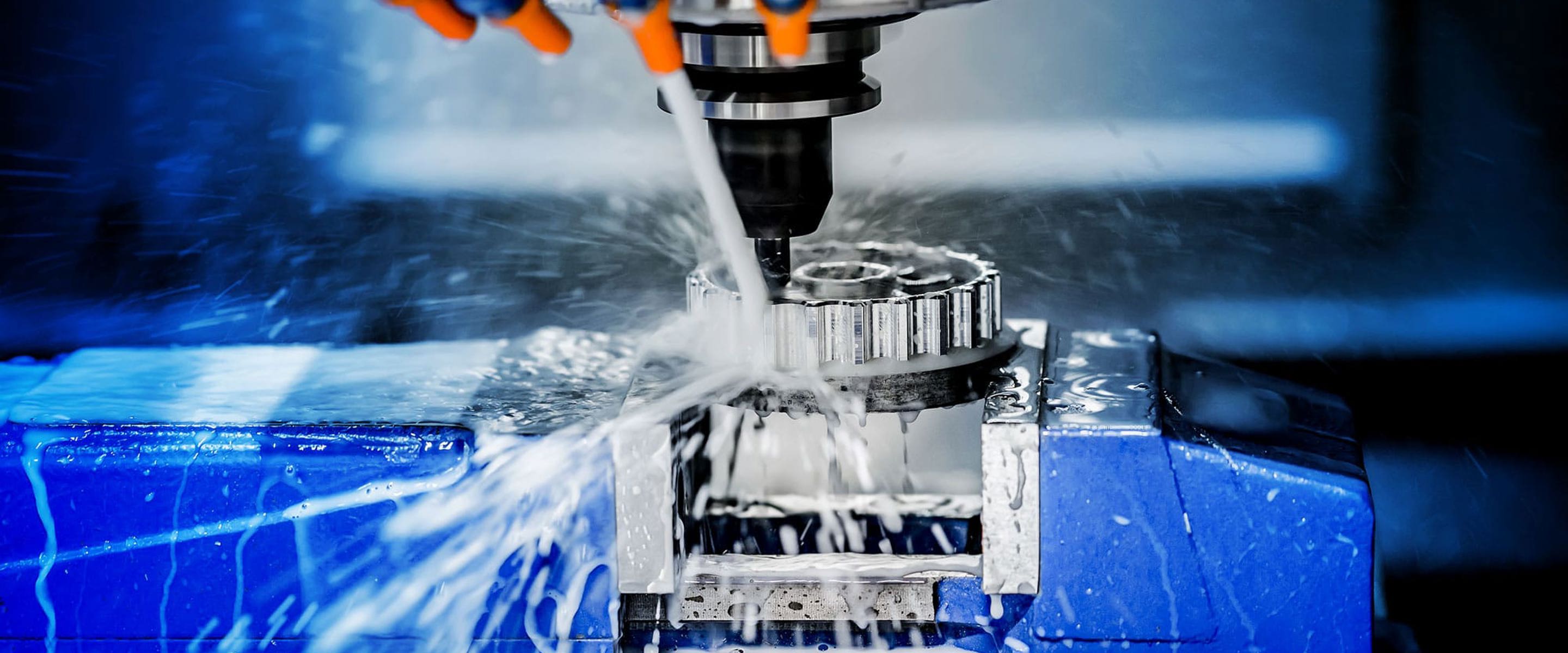
Manufacturing and Mechanical Engineering
Study Manufacturing and Mechanical Engineering at Melbourne Polytechnic and discover the inner workings of manufacturing automation and mechanical design.
Jump to available coursesBuild solutions to a range of problems
Discover a course where the left and right brain meet. Melbourne Polytechnic’s Manufacturing and Mechanical Engineering courses will teach you the skills and knowledge to succeed.
Learn how to manufacture, modify, install, and repair mechanical equipment. Whether you’re new to the trade or already working in this area, Melbourne Polytechnic’s Manufacturing and Mechanical Engineering courses will teach you the skills needed to develop your skills and advance your career.
Become a draftsperson, an engineering assistant, an estimator, a fitter, a plant supervisor, a production planner, a technical officer, or a toolmaker through Melbourne Polytechnic today.
